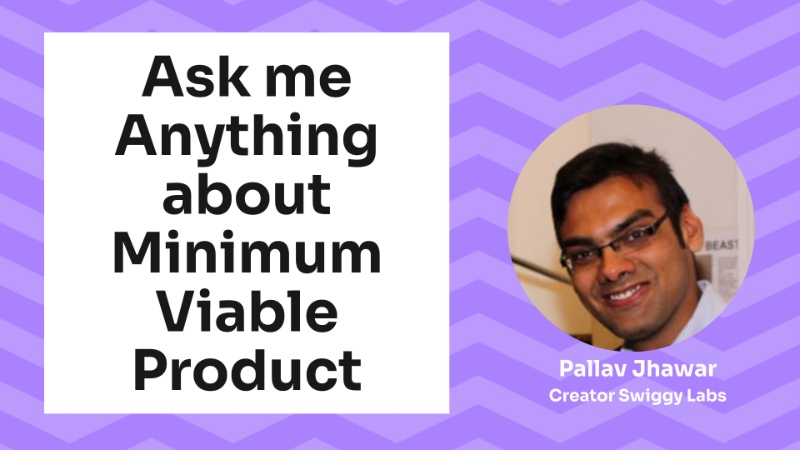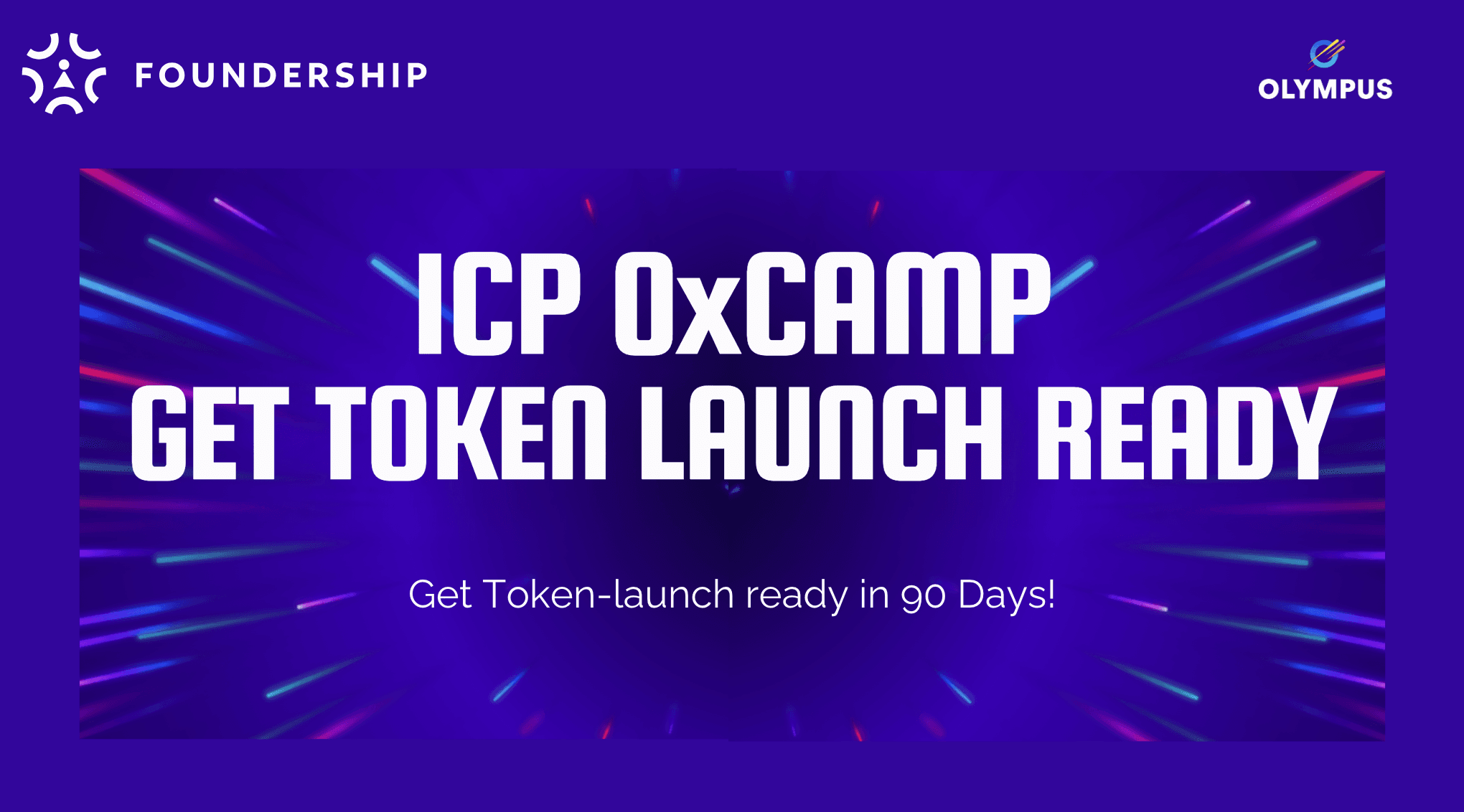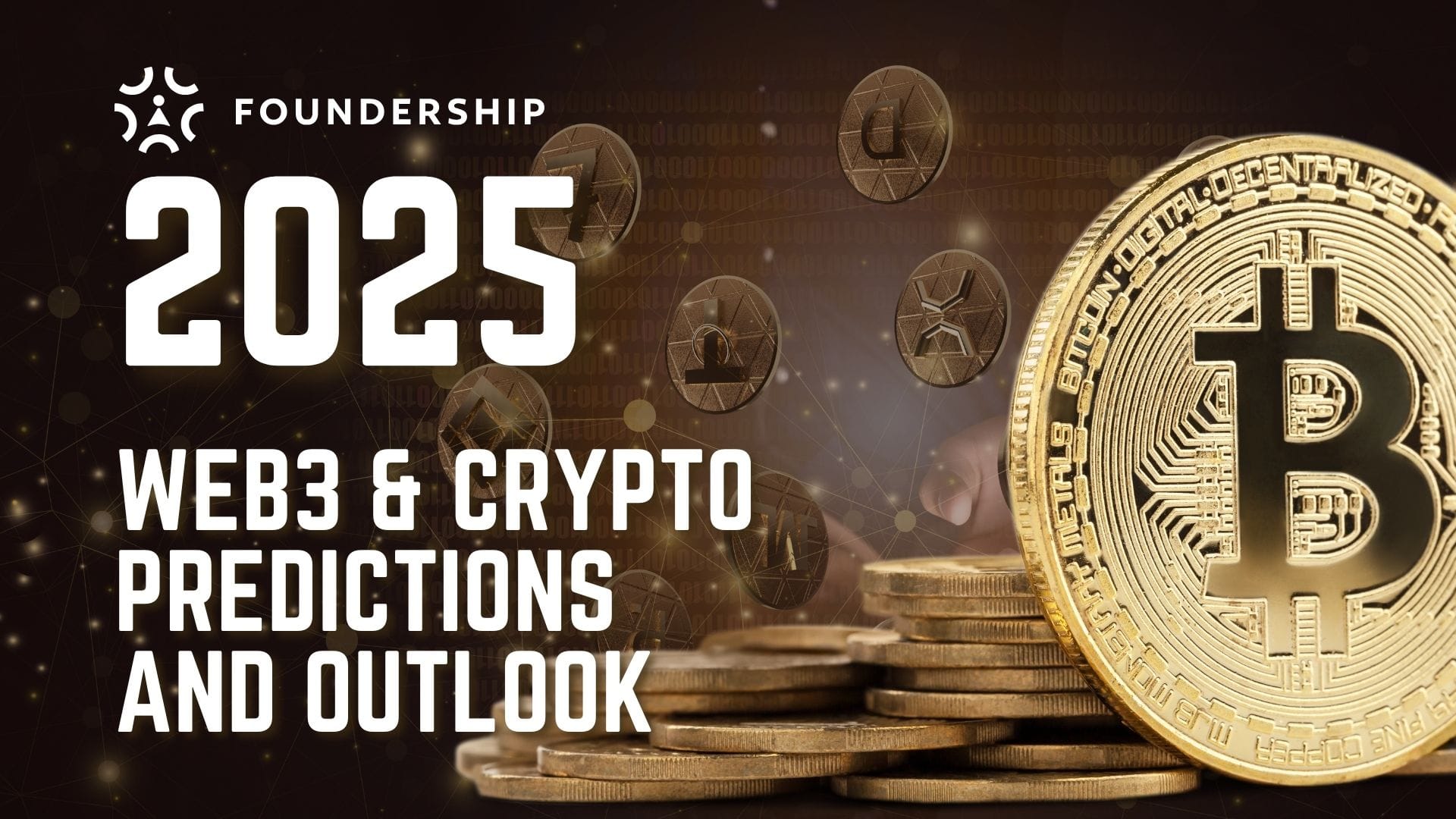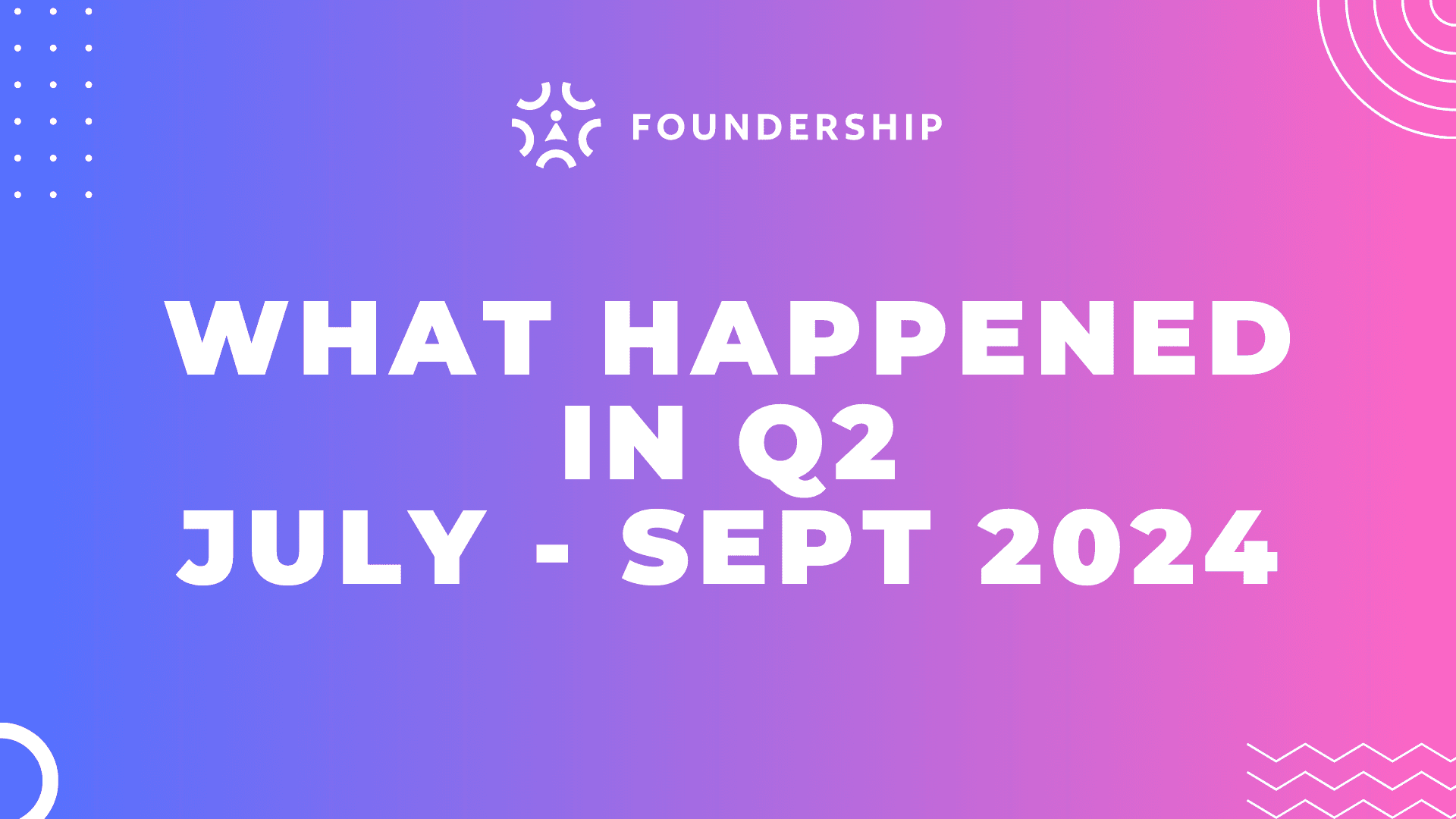Ask me Anything about Minimum Viable Product with Pallav - Creators @ Swiggy Labs! Pallav Jhawar is an ex-founder, ex-InMobi, IIT Bombay Alumnus...

Thread on MVP... questions were by the Foundership community on Slack and Pallav answered each question.
Q 1: What you do now in your current role vs. You didn't do while building your first product?
A: Earlier, it was a lot more about let's build something and ship it, but now it is like being extremely ruthless about what you build and a lot more time understanding the problem.
Q 2: What's the ideal smallest product team consists of?
A: Theoretically, it can be just one developer shipping products if they understand the problem well enough but otherwise, I would think 2 people, one hacker, one consumer insight/support/feedback person
Q3 : What's the prioritization framework? What gets to the top and which one gets rejected?
A: In the MVP stage, you want to figure out the core thing you want to test, find out, and build to solve the consumer problem. And simplify the solution further!
It is better to keep chipping away things until you get to the real value proposition and just test for that.
Q 4: What hacks have you seen working to build and iterate fast while being part of an innovation team where I assume a lot of things probably won't see the light?
A: Our favorite hack has been doing a WhatsApp MVP; it is amazing how many things you can test out using WhatsApp.
You can use many existing tools, like building a website form using Typeform, noo code/ toolkit list like Notion, Airtable etc.?
Q 5: Once you build the core MVP, how do you ensure this will have a bigger impact on the market …do you measure the results/feedback to see the market potential?
A: so while defining the experiment, it is extremely critical to have the right success metrics and understand what is a good number, e.g., if you say that my MVP should have high retention, you should try to find out what competing products have and use that as a benchmark, and one can hope that the fully developed product would have better retention than what you are getting in the MVP stage.
Q 6: One of the crucial stages in MVP is acquiring initial users to engage with you. How do you acquire your opinion on B2C, B2B and SMB user acquisition for initial MVP testing and feedback?
A: For B2C, look at what channels you can use to acquire customers, sharing WhatsApp groups and FB ads quickly.
For SMB or B2B, I think personal contacts should help; otherwise, you can try going to forums and groups where the businesses might be there and try reaching out to them.
Refer to the Traction book to explore relevant channels.
Q 7: Usually, for many small startups in the early days, "innovation stops the day operations begin", what's would be your advice to keep these two in balance to founders?
A: From what I have seen, usually, once you hit the market, you get loaded with what features need to be built; if users like what you are doing, they would want you to do more, so I think innovation just keeps on happening.
Q 8: Is it critical for the MVP to include the payment infrastructure feature to check customers' willingness to pay?
A: Not really. You can check customer's willingness to pay by sending them your personal GPay/Mobile payment and see if they are paying you or not.
Q 9: How many customers should one get in the hypothesis (MVP) stage before deciding to scale up?
A: The number really depends on case to case basis; for a consumer product, I think if at least 100 users, and for B2B products at least 10, but this is just for the core hypothesis testing, after that, you should continue to build out to impact more north star metrics before deciding to scale up.
Q 10: who designs survey questionnaires during MVP?
A: The team should design a questionnaire. Creating it also helps you get clarity on what it is that you are really trying to understand.
Q 11: One of the big challenges for founders is what will customers feel seeing a 0.1 version of the product. What's your suggestion to break this bias?
A: From what I have seen, people are usually very nice & sweet and very supportive of what you are trying to do. I think they intuitively get that the product will get better with time and are very forgiving.
Q 12: What if your MVP becomes viral? As a product manager, how will you stop the negative press /social media chaos?
There have been instances where MVP product has become super sensation …and got heavily criticized, which affected their lifecycle later. What's your take?
A: That's a great problem to have! For a smaller team building out an MVP not sure if the press pays that much attention, but if you are doing it inside a bigger company and the product is using the brand, then it has to have approvals across the board
Q 13: Should you go all out on advanced technology like AI/ML part in the MVP stage or do the manual process more and, if it works, then utilize AI/ML, etc.?
A: For example, if your product is a chatbot that does customer support, you would need to use AI/ML, but for most of them, you can just use excel and hire some contractors/interns to do the manual work. Smart MVP :)
Q 14: Is your marketing /sales team involved while agreeing on the MVP?
A: Good idea to take the point of view of the distribution team to build the product because eventually that becomes very important and they can provide an interesting POV on the market.
The core team still decides product features and usually, for a startup, the core team has marketing capabilities.
Q 15: Do you recommend any specific hypothesis frameworks?
A: In the initial days, I think it is just very important to be close to the user and talk to them obsessively and understand their pain points!
Q 16: We are getting a lot of feedback, such as what features goes for the MVP release and what is not. How to balance?
A: You can try to rank the features that you are thinking of on the parameters of impact, clarity and effort.
If a feature can be a high impact on your core metric but might take a long time to build, you may want to dedicate part of your resources to such features but continue to build out medium impact features.
In the initial days, momentum helps, and consumers like it when you ship.
Q 17: How to enable the team to ask the right kinds of questions and summarize during MVP?
A: I have done one thing to observe customer conversations that the team is having and then try to correct them and share a list of important and common mistakes, like not asking leading questions.
Q 18: How much emphasis should be on documentation/process in early days, small teams?
A: Assign one person to be in charge of the documentation; they can rotate each week.
Have a running Google doc/Notion that you can use to add thoughts to it and the rest of the team. Documentation is critical.
Key Takeaways
- Earlier, it was a lot more about building something and shipping it, but now it is like being extremely ruthless about what you build and a lot more time understanding the problem.
- Whatsapp MVP - amazing how many things you can test out using WhatsApp.
- You want to figure out the core thing you want to test, find out, and build to solve the consumer problem. And simplify the solution further until you get to the real value proposition and just test for that.
- B2C, look at what channels you can use to quickly acquire customers, sharing WhatsApp groups and FB ads.
- B2b - Personal Contacts, Network, Go to channels where your customers are!
- For a consumer product, if at least 100 users, and for B2B products at least 10, this is just for the core hypothesis testing
- The team should design a survey questionnaire. Creating it also helps you get clarity on what it is that you are really trying to understand.
- Customers/People are usually very nice & sweet and very supportive of what you are trying to do
- Be close to the user and talk to them obsessively and understand their pain points!
- Rank the features that you are thinking of on the parameters of impact, clarity and effort.
- Do not ask leading questions during customer interview
- Consumers like it when you ship frequently
- Use Google doc/Notion that you can use to add thoughts to it and the rest of the team. Documentation is critical.
- If you say that my MVP should have high retention, you should try to find out what competing products have and use that as a benchmark, and one can hope that the fully developed product would have better retention than what you are getting in the MVP stage
- You can check customer's willingness to pay by sending them your personal GPay/Mobile payment and see if they are paying you or not
- If users like what you are doing, they would want you to do more, so I think innovation just keeps on happening.
✋Do you have MVP questions? You can book office hours with Pallav Jhawar.
👉Are you a Founder or Leadership role in a Startup? Join our exclusive Founders & Leaders Community, apply: https://forms.gle/vCjbqG3VqYZK8QxT7


